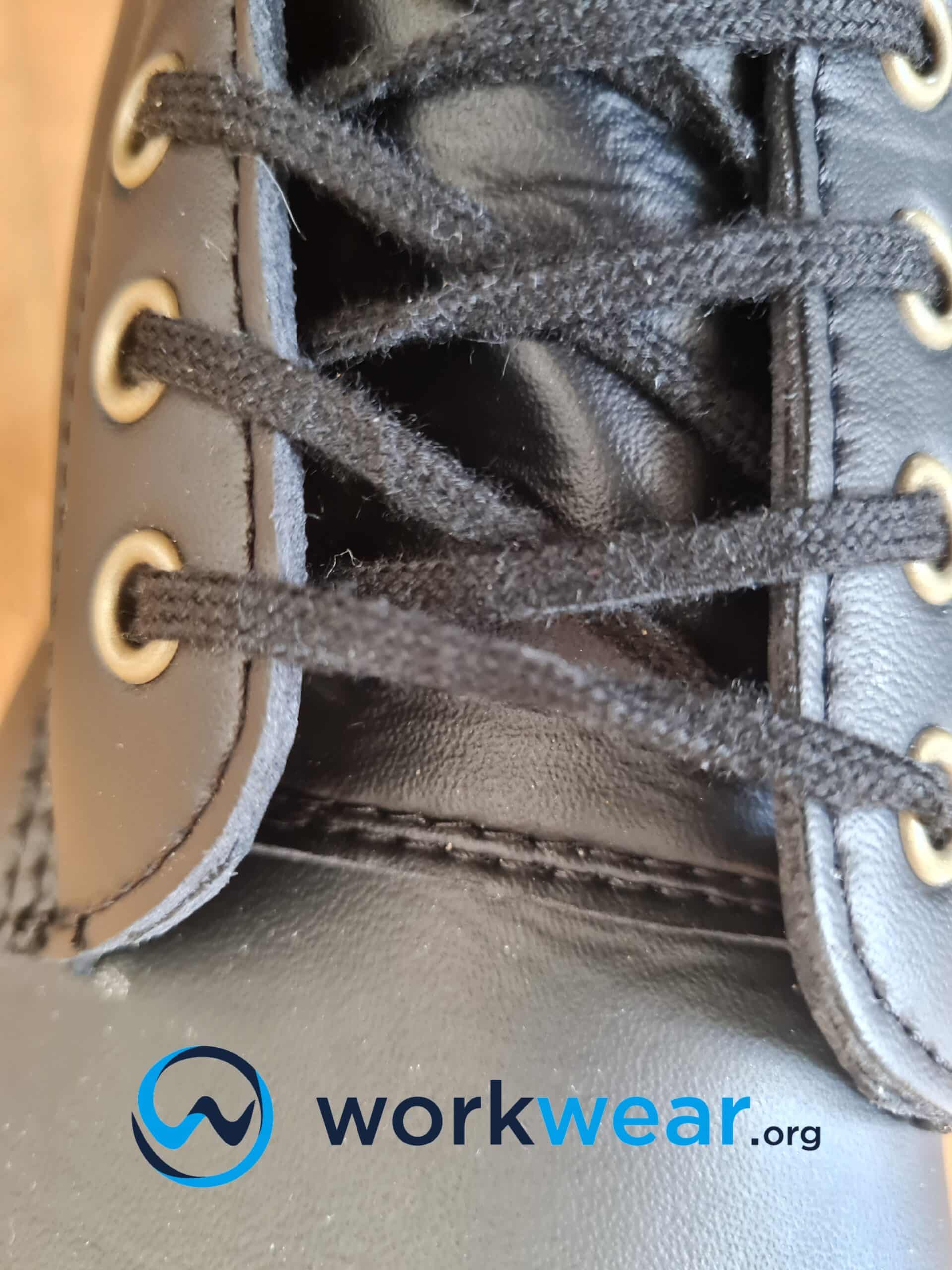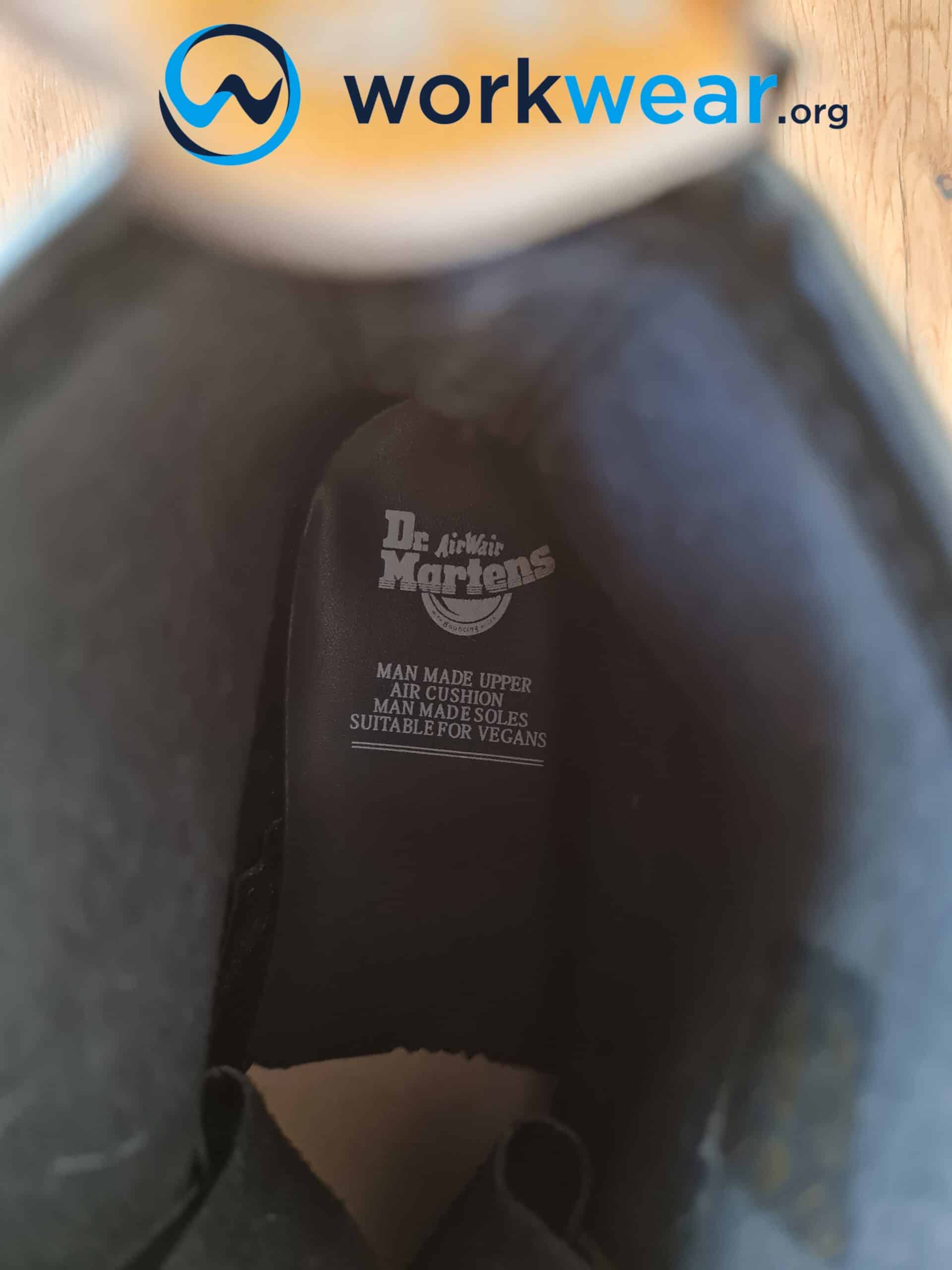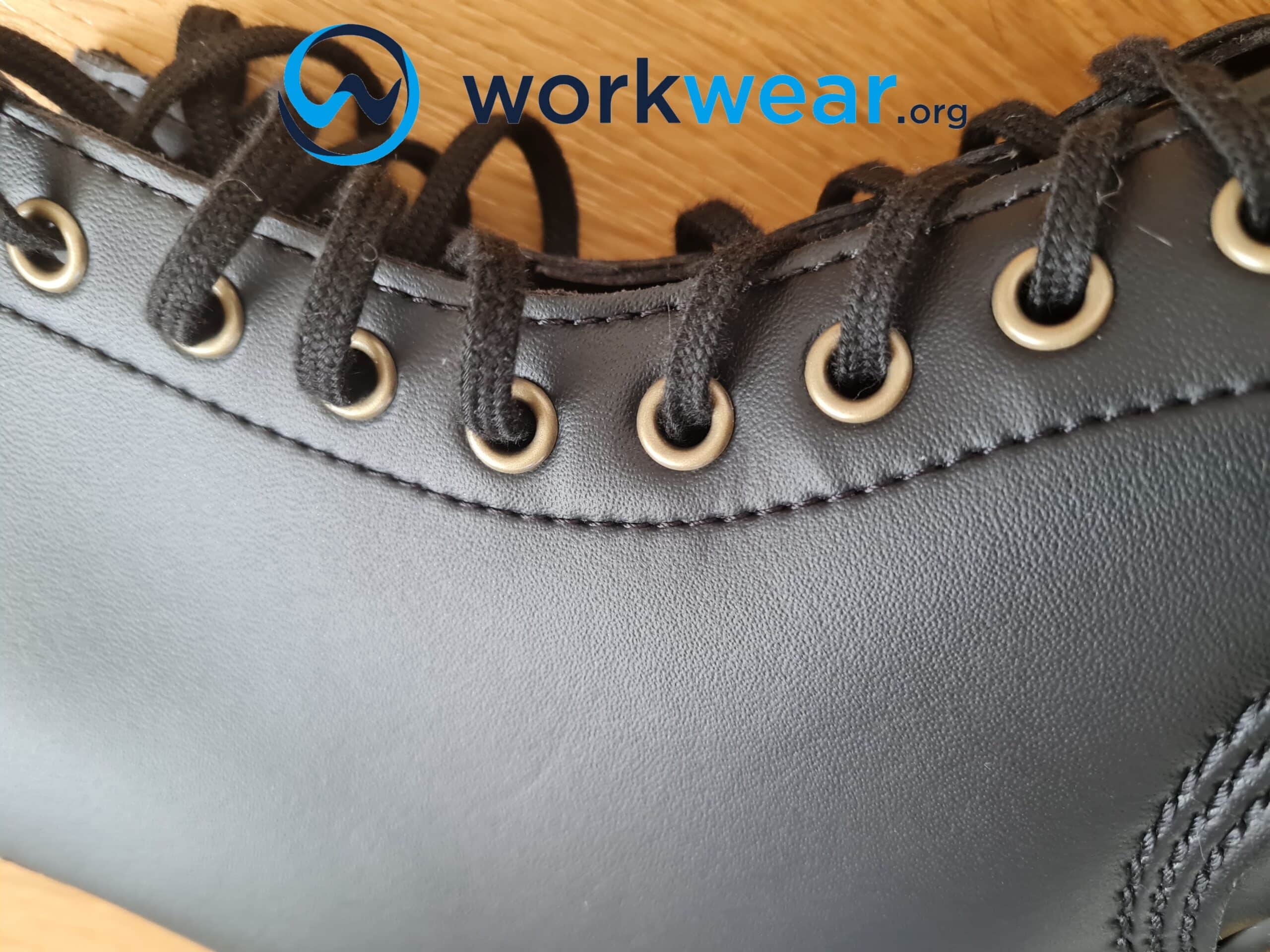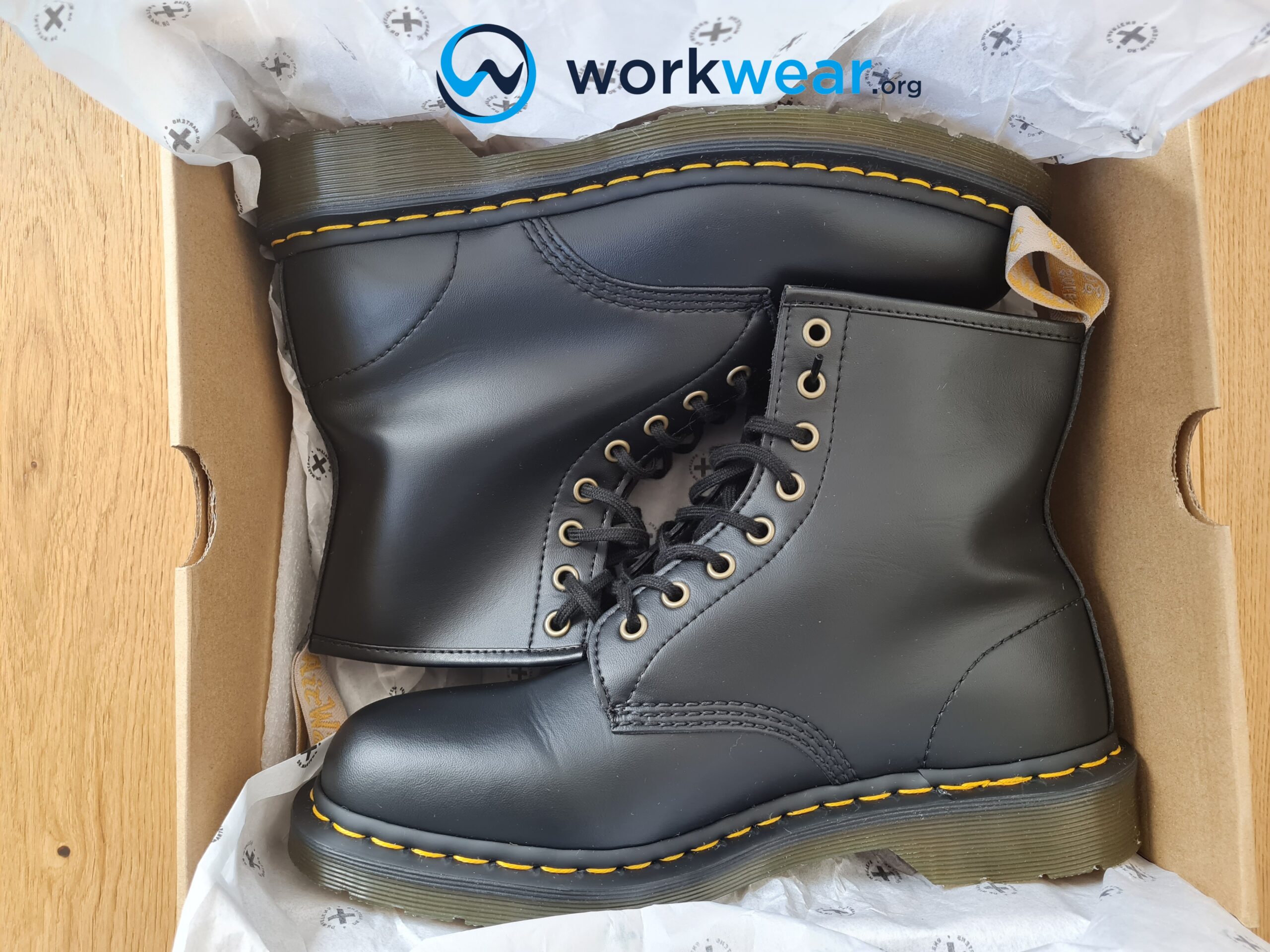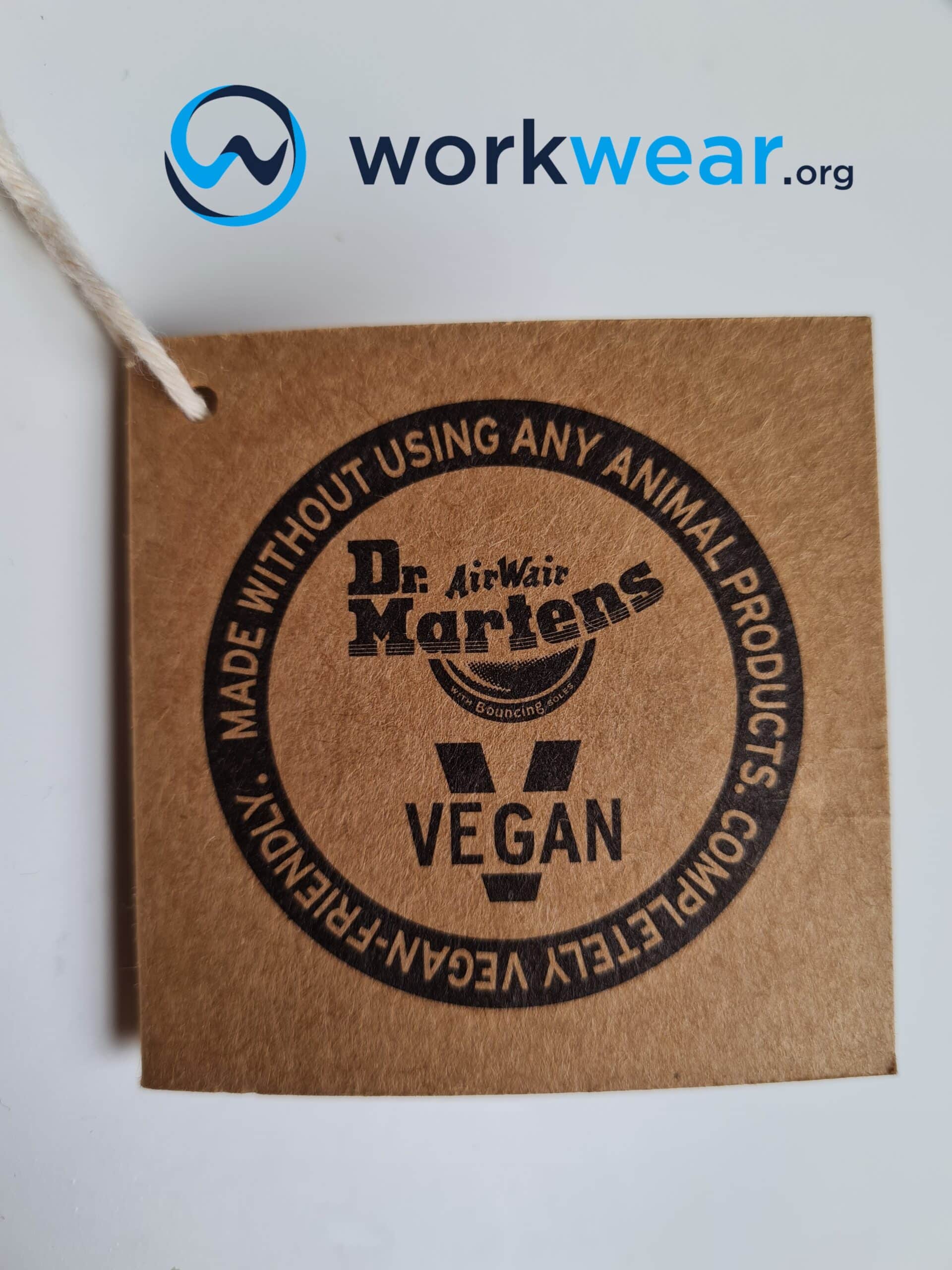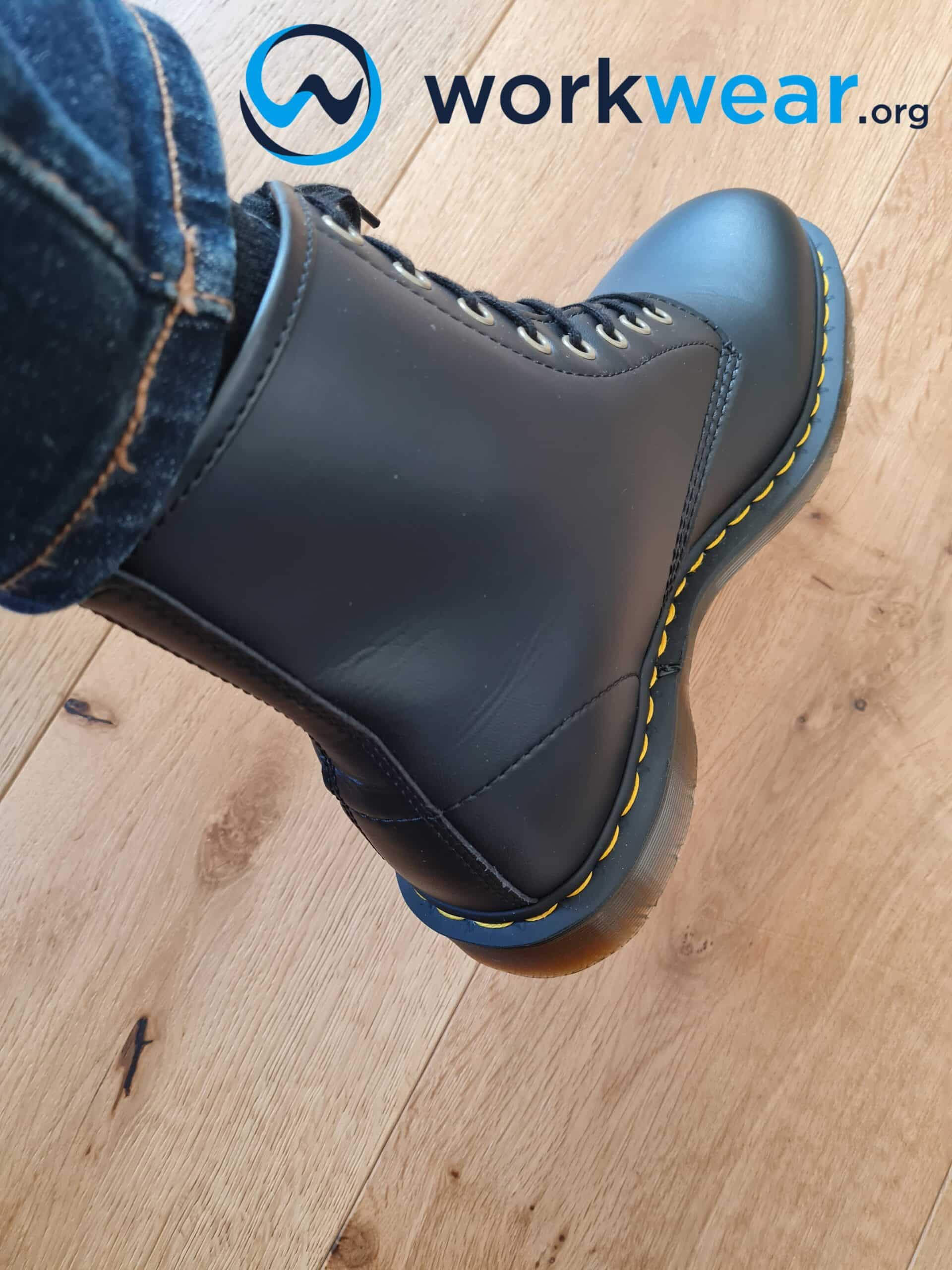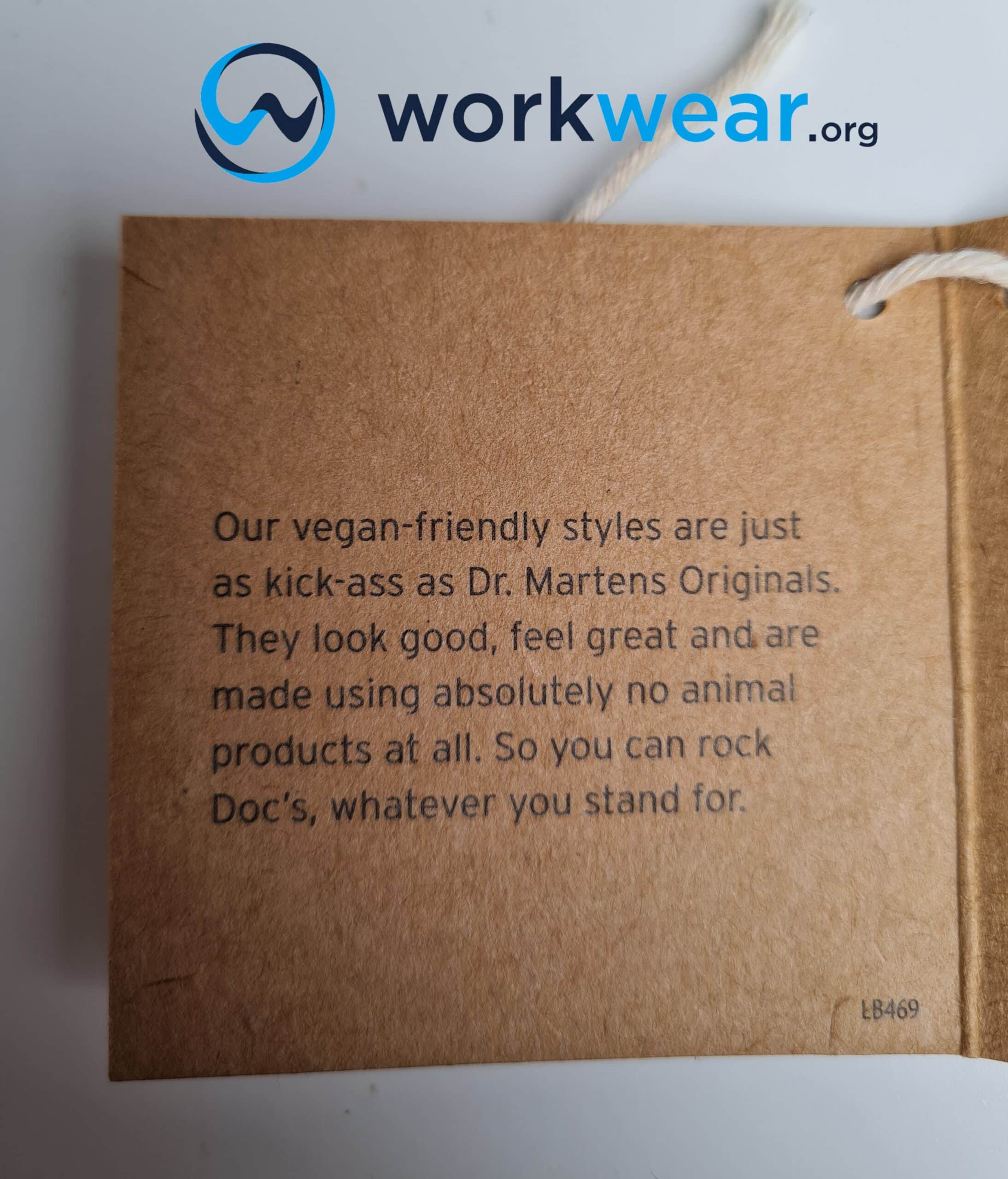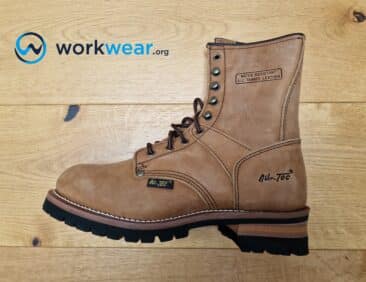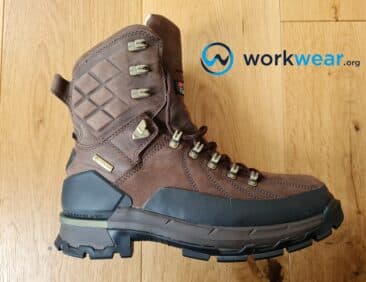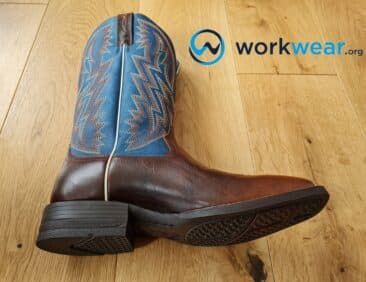Vegan Work Boots vs Leather Work Boots
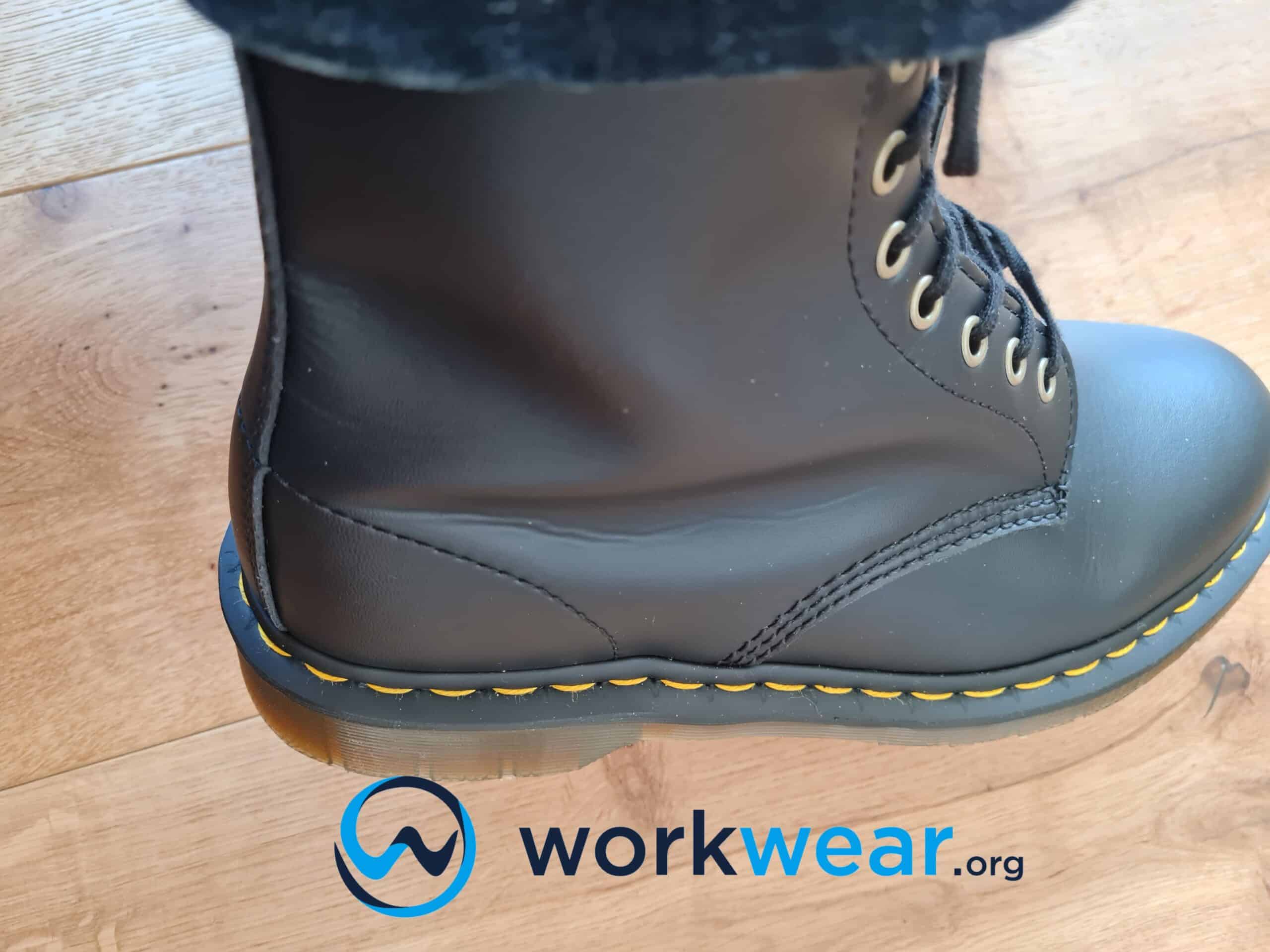
Working all day long on your feet requires proper protection from cold, wetness, and moisture. The best way to ensure that your feet stay secure is to equip yourself with high-quality work boots which can give you total comfort while helping you focus on your work.
Along with keeping you warm in cold conditions, you ideally need work boots that have suitable insulation according to changing weather. This is why experts often suggest going with leather boots since they have a breathable upper layer to keep your feet cool and refreshing. They can help you enjoy your day after work without the worry of smelly feet or fungal infections.
But are leather work boots the only option when it comes to ensuring proper safety and warmth for your feet during harsh climate? Well, not really. Another more animal-friendly material that offers the same benefits as leather is “Vegan leather.” It’s a wonderful concept that seems to be fair to everyone while offering the same benefits as regular leather.
If the idea of vegan leather intrigues you, stick around till the end to get an in-depth description of both regular and vegan leather, along with a comparison between the two.
The origin of Vegan Leather
Despite being durable and stylish for manufacturing work boots, due to the process of leather making, the genuine leather industry has always been regarded as a perpetual offender of animal rights. The tussle between leather makers and animal protection associations has gone global over the past few decades, which is why a middle-road solution has been devised in the form of vegan leather.
Vegan leather boots are mostly created with a polymer called Polyurethane, also known as PU material. Despite the work boots made with this material being less durable in comparison to those made with real leather, the idea of putting an end to animal cruelty has made them people’s first choice. That being said, PU is a plastic-based material, and it’s no secret that plastic is harmful for the environment. When this came to light, naturally, it created apprehension among buyers, which is why, a type of plant-based vegan leather was invented relatively recently. Made from plants like cactus, Bamboo and even fungi, this leather has begun helping with the elimination of the environmental impact of synthetic and real leather. However, it is still in the development and testing phases for manufacturing good work boots.
We know you want to know more, but the focus of this article is on vegan and real leather boots, so let’s stick to that at the moment. We promise we’ll continue the discussion on plant-based vegan leather very soon. Moving on, let’s dive into both kinds of leather boots, starting with the genuine leather ones.
Genuine leather work boots
Leather is a fascinating material that has the ability to transform into a perfect work boot that everyone will like. People who love leather believe that every pore and scratch on it tells the story of an animal’s life. While that’s an interesting way to look at it, the reality is that leather produced from different animals’ hides just shows different qualities.
Coming to the key highlights of real leather, it provides excellent ventilation inside work boots. Furthermore, leather work boots are very strong as compared to normal work boots and can stretch way more than synthetic materials, which helps in maintaining the boot shape while working the whole day. Every piece of leather goes through different stages of production, and that determines how lucious, strong, and durable it will turn out to be. Thus, for making work boots the most important factor considered is the leather quality.
Types of real leather boots
Work boots made from real leather last for a really long time with proper care, and this is the primary reason why people choose leather over synthetic or plant-based material boots. There are different types of real leather work boots with different highlights, such as resistance to scrape, tear-resistant, durability, sturdiness, extra protective, easy to clean, and extra comfortable. Here is a quick overview of the most common types of real leather work boots:
Full-grain leather boots
Full-grain leather is best known for its durability. It can be manufactured into a strong material to make long lasting work boots, which makes them perfect for construction works and terrains. The intimate but absorbent nature of this leather prevents moisture retention in boots. If you want maximum protection, boots made with this leather are the best and also come at a reasonable price.
The main reason for full-grain leather’s toughness is that it is obtained from the outermost part of an animal’s hide, and is often processed to remove marks or defects. Usually, the closest a leather is to its natural state, the more breathable it is.
Nubuck leather boots
Nubuck is mostly obtained from the outermost layer of cattle skin and feels similar to suede. After it is brushed or sanded to obtain a velvety look and feel, this leather can be stained or dyed to any color. It is soft to the touch and scratches easily.
The main difference between Suede and Nubuck is that Nubuck leather is carved out of the grain part of the cattle hide, which means the work boots made from it are much sturdier and more resistant to harsh weather and tough terrains.
Split printed leather boots
This leather is mostly obtained from cowhides and is usually thick. The thickness of the leather can range between 0.2 and 0.4 inches, and due to this, cowhides can be easily split into several sheets (splitting is the process of turning the hide into a uniform thickness).
Split leather is the underside of the hide, so it is not as alluring as full-grain leather. People prefer it only because it is less expensive and is well suited for construction work, but it is not very durable and resistant.
Evaluation of leather work boots
Other genuine leather types for making boots include suede, pull-up, shell cordovan, etc., but the ones described above are considered to be the best ones for making work boots.
Now, let’s look at the pros and cons of real leather work boots.
Pros:
- A real leather work boot is very durable.
- Some types of leather boots are strong yet shiny.
- It is more breathable than any other boot.
- Most real leather boots are water-resistant.
Cons:
- Due to their vast variety, it is difficult to choose the best leather work boot.
- Usually, high-quality leather work boots are expensive.
- Real leather needs regular good care.
Now, let’s discuss the “vegan” version of leather work boots.
Vegan leather work boots
Vegan leather is generally made from the synthetic plastic-based material Polyurethane (PU), which is why it is also called “Pleather.” The process of making synthetic leather is totally different from that of natural leather, as it is made by combining chemicals and fossil fuels.
Vegan work boots tend to be less durable than real leather boots, but they still can have a lifespan of 2-4 years. Moreover, if you consider this material’s low cost and zero animal involvement, you can see that it is among the best options.
Vegan leather work boots brands
Before we proceed, you should know that there are not many companies that make 100% vegan work boots. Most include the use of some form of animal-based products, for instance, glue made from horse hooves.
Moving on, listed below are a few famous vegan work boots brands that provide the best quality products without any use of animal products.
Dr. Martens
This brand’s work boots are the perfect choice for construction works and chemical factories. Dr. Martens is a British footwear and clothing brand that also makes vegan work boots. These boots mostly come with the classic combat style look and are very durable when compared to other vegan work boot brands. They are also water and oil resistant, and offer total comfort. The steel toe cap and lightweight material of these shoes also make them a good choice for hikers.
Rock Fall
This is a UK brand that makes completely vegan shoes. Their products come in several sizes and are oil resistant, heat, chemical, and slip-resistant. These boots have protective toe caps and midsoles, and can maintain low temperatures. Any person who works in a factory or terrain can prefer these work boots.
Vegetarian Shoes
Yes, that’s the brand name! This is also a UK-based company that only makes vegan shoes. The work boot they make is called Airseal Safety Boot MK2 which is popular amongst heavy construction workers. It is oil, slip, puncture, and water-resistant and has a steel toe and padded collar for extra safety and comfort.
ECO Vegan Shoes
This is a Dutch shoe-making company that makes vegan safety shoes, work boots, and sneakers. The most famous work boots manufactured by ECO Vegan Shoes are the Liberator Boot, Safety Boot, and Ankle Boot Safety. These work boots have features like lightweight safety toe caps, antistatic and fuel resistance, energy absorbing heels, non-slip soles, and water-resistant designs. Their shoes are perfect for warehouse and airport workers, construction workers, and people working in outdoor environments.
Evaluation of vegan work boots
The above-mentioned vegan leather work boot companies are the best-in-class when it comes to manufacturing vegan work boots. However, like everything else, vegan boots come with their set of pros and cons. Let’s take a look at a few:
Pros:
- Very lightweight and breathable.
- Vegan leather boots can be made as a perfect fit.
- They are affordable in every variety.
- Almost shines like real leather.
Cons:
- Very few vegan leather boot brands produce good-quality work boots.
- They have less durability in comparison to real leather.
- The synthetic material in vegan leather is not biodegradable.
A quick comparison between Vegan work boots and Leather work boots
|
Pros |
Cons |
|
|---|---|---|
| Leather Work Boots |
|
|
| Vegan Work Boots |
|
|
To Conclude
Whether you go with vegan or real leather boots, both come with some limitations. Leather work boots are preferable due to their durability but they lose the spotlight to vegan boots when it comes to animal rights. As the technology and quality of non-leather materials improve, some have argued that genuine leather will be used less and less in apparel. As with most things in life, time will tell.
